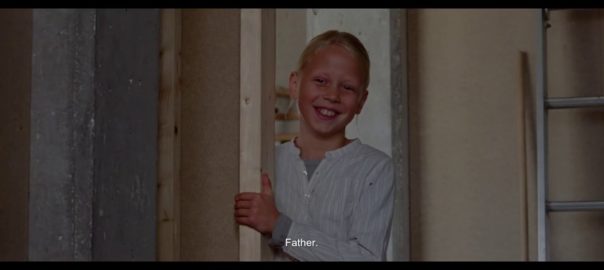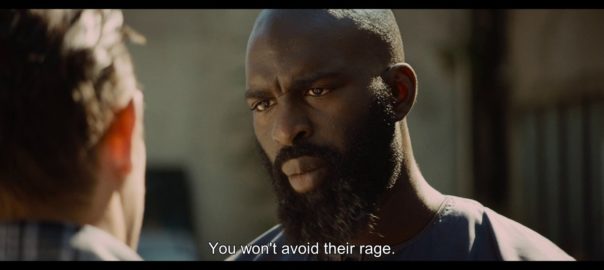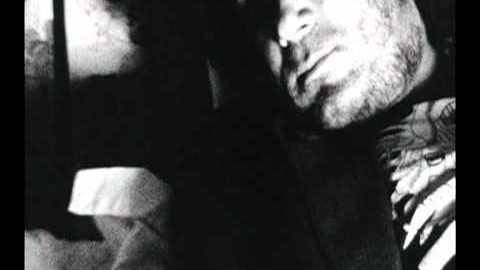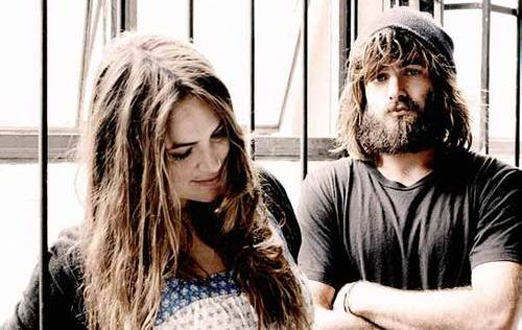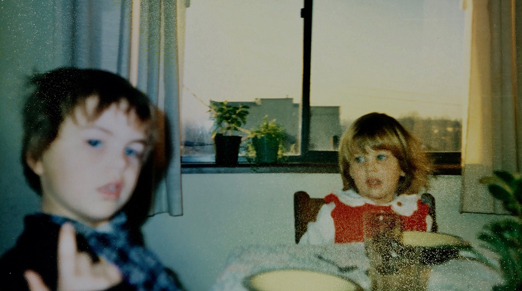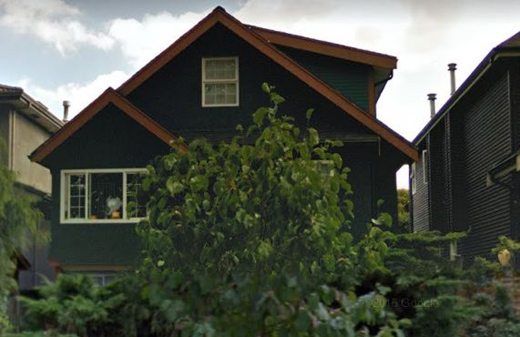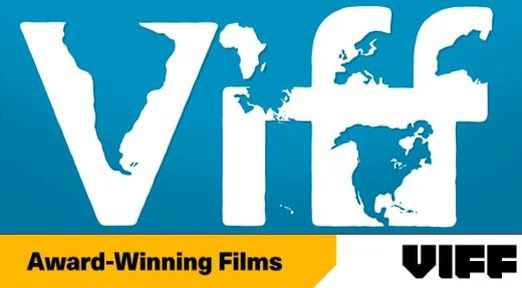
In the 11½ months between the annual Vancouver film festivals, festival programming staff spend their year attending film festivals across the globe identifying for patrons the best in world cinema to bring to our shores, the vast majority of scheduled films set to screen each year only two or three times in Vancouver, never to be seen again in local cinemas. The Vancouver International Film Festival, then, affords appreciative audiences with the singular opportunity to participate in a venture that, during the 16-day running time of the festival, provides viewers with an utterly unique and gently humane window on the world, a not-to-be-missed artistic endeavour.

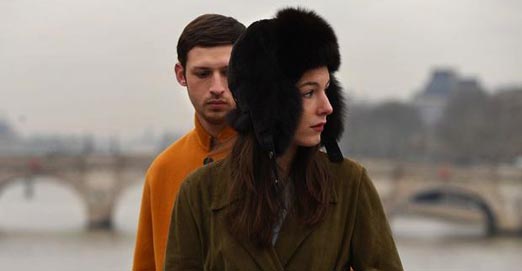
VIFF 2019’s Contemporary World Cinema programme this year is composed of 47 films from 28 countries, and as the programme suggests, represents:
” … a sprawling collection of award winners, new discoveries, and noteworthy premières, be they offbeat comedies, deeply humane dramas or progressive cinema that pushes both boundaries & buttons, this series is a showcase of the best new work from international filmmmakers.”
Today, four award-winning films worthy of your consideration, films that will screen at the 38th annual Vancouver International Film Festival in 2019, sometime between Thursday September 26th and Friday, October 11th …
Rigorously charting the fracturing of a grieving former police detective’s world as he comes to suspect that his late wife, who died in a strange car accident, was having an affair with a younger colleague, this deeply unsettling and grimly hypnotic second feature by Icelandic writer-director Hlynur Palmason, A White White Day won both the Louis Roederer Foundation Rising Star Award and Critics’ Week prize at Cannes 2019.
As Lisa Nesselson writes in her review of the film in Screen Daily …
A White White Day is an exquisite, complex, visually arresting and emotionally rewarding film, the tug of the splendidly varied landscape in this film both internal and external in a manner that would be hard to pull off in a dense urban setting, the pleasingly off-kilter string score a plus, and the trajectory of the film percolating from tender — the protagonist’s relationship with his granddaughter — to robustly no-nonsense, offering the viewer throughout with a flesh and blood catalogue of ways to be masculine, to be human, and how to grieve.
The film’s title refers to an Icelandic proverb suggesting that on days so “white” that the earth meets the sky, the dead can communicate with those still living.
Winner of the Golden Bear (the top prize) as well as the FIPRESCI Prize (the critics prize) at Berlinale 2019, in early February of this year …
Nadav Lapid’s third feature, Synonyms, emerged (as critics wrote) as …
… deliriously unpredictable, brilliant, maddening, enthrallingly impenetrable and breathtaking in the way it careens from one scene to the next in a whirlwind of personal and political meaning, the film an excoriation of Israel’s militant machismo and a self-teasing parody of Parisian stereotypes, embodied by actor Tom Mercier in this nakedly hypnotic and astonishingly audacious début, which sees Mercier often naked, clothes only a superfluity, his raw physicality the only pure expression of control as he see-saws the imbalance between power and helplessness.
A sui generis work of tormented genius, Synonyms is not to be missed.
This year’s Cannes’ prestigious Un Certain Regard winner, here’s what VIFF 2019’s programme has to say about The Invisible Life of Eurídice Gusmão:
Karim Aïnouz’s (Madame Satã) stylish, colour-saturated “tropical melodrama” tells the story of two sisters, proper Eurídice (Carol Duarte) and freedom-loving Guida (Julia Stockler), in 1950s Rio de Janeiro who are divided by their father’s duplicitous misogyny. Pure pleasure for the eyes and told from a decidedly feminist slant, this is a tale of “high emotion articulated with utmost sincerity and heady stylistic excess, all in the perspiring environs of midcentury Rio de Janeiro.”
Thus far, then, contemporary, award winning cinema from Iceland, Brazil and France / Israel. Let’s now take a look at Queen of Hearts, the Denmark / Sweden co-production that won the Audience Award in the World Dramatic Competition at the Sundance Film Festival earlier this year.
Director and co-writer May el-Toukhy offers a master class in how to shoot a blossoming physical attraction. From shy touching while trying to find the perfect spot for the “world’s smallest tattoo”, to the frankly explicit sex that actually seems sexy … to confuse matters, though, Queen of Hearts explores the inappropriate relationship involving a middle-aged lawyer’s twisting, highly-charged sexual tryst with her troubled teenage stepson, the film on the one hand an impossibly glamorous, sexually charged and immoral melodrama and on the other a subtle Sirkian, almost Hitchcockian tragedy that explores the wages of familial sin and deceit, all while peeling back the veneer of ultra-civilized Scandinavian society. Not to be missed.
![]()
![]()
![]()
VIFF 2019 | Late Summer Early Autumn Film Festival Season
IndieWire coverage of the Telluride Film Festival, with Editor-at-Large Anne Thompson, and chief film critic and deputy editor, Eric Kohn.
